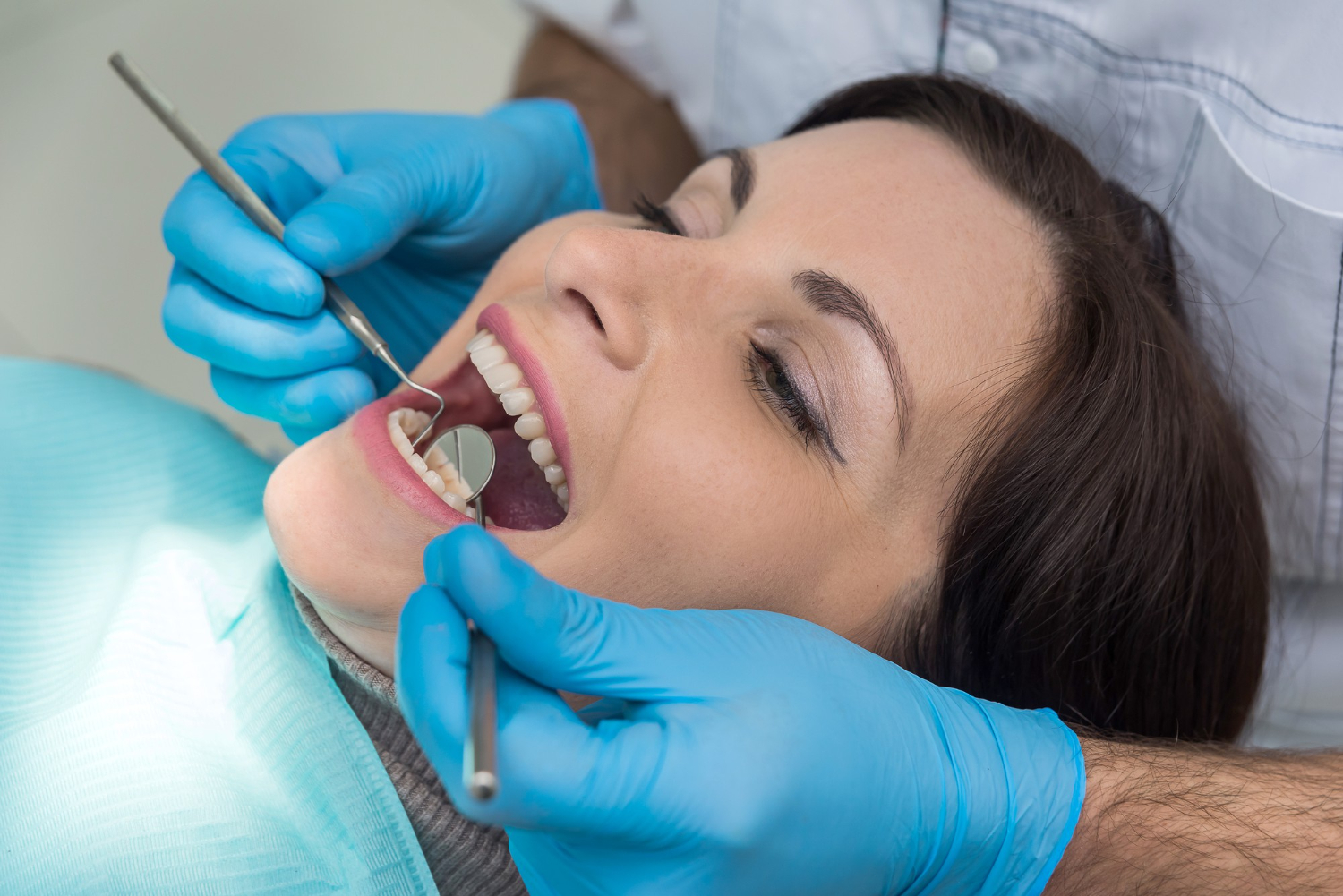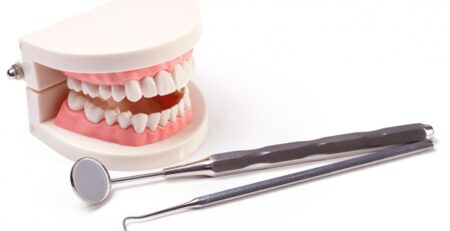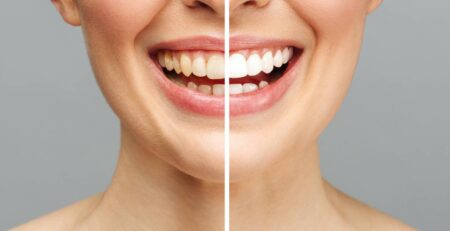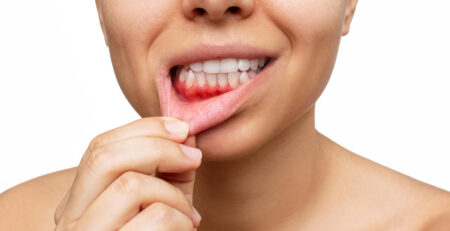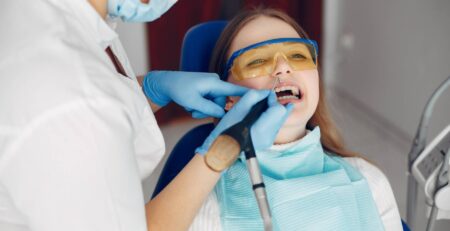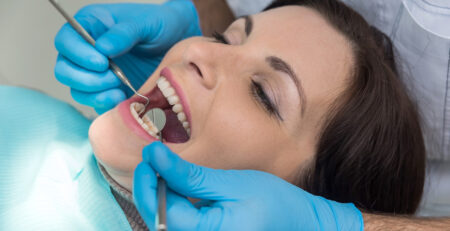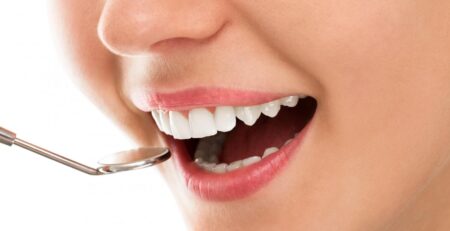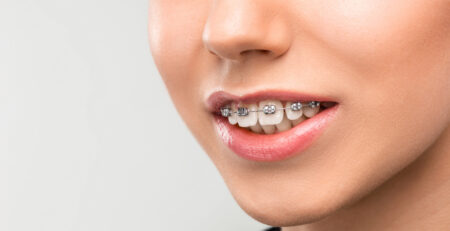Are Your Teeth Telling You Something’s Wrong?
Teeth don’t speak, but they sure know how to send signals. What seems like a minor annoyance could actually be a sign that something deeper is going on. From a dull ache that won’t leave you alone to a sudden zing when sipping iced tea, your teeth have their own way of waving a red flag. The trick is knowing when to listen—and what those signals really mean.
Severe Toothache That Won’t Quit Signals Deeper Trouble
A throbbing ache that keeps you up at night or shoots pain through your jaw while chewing isn’t just annoying—it’s a warning sign. Pain that refuses to go away could mean the pulp inside your tooth is inflamed or infected. That inflammation might stem from deep decay or trauma, and if ignored, it could turn into something far more serious.
The longer the pain lingers, the higher the chance it’s pointing to an infection in the root. Left untreated, the damage can spread to nearby teeth or even the jawbone. A consistent tooth pain like this is your body’s way of waving a red flag. It’s not something that gets better with time—it only gets worse.
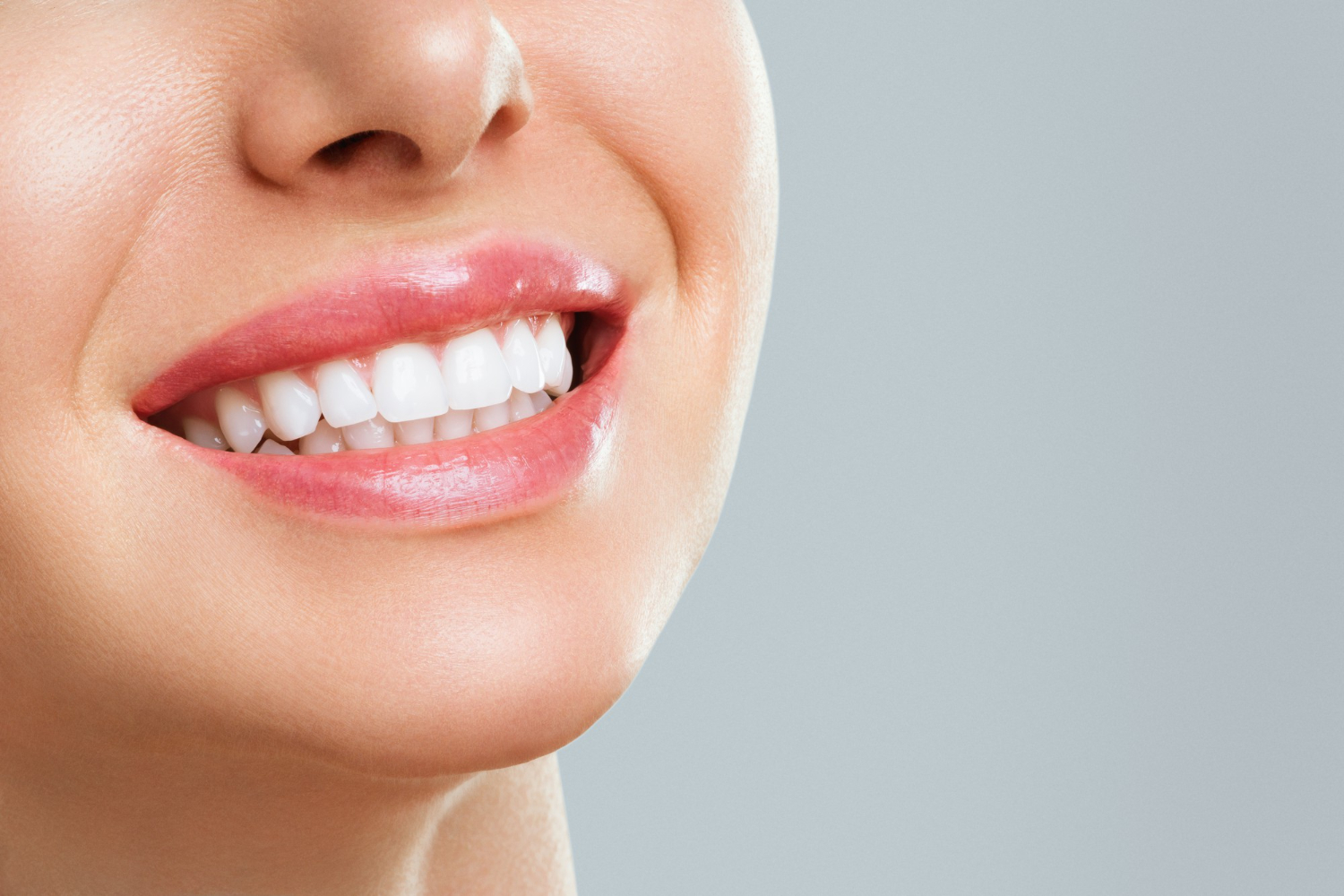
Swollen Gums or Facial Puffiness Often Hint at Abscesses
Swelling in your gums or face can sneak up on you. One day, your cheek feels normal. The next, it’s puffy, tender, and sore. This type of swelling isn’t just from sleeping funny or eating something spicy. It’s often the result of an abscess, a pocket of pus caused by a bacterial infection.
These infections don’t always bring immediate pain, which can make them easy to ignore. But an untreated abscess can break open, spread, and cause systemic problems throughout your body. It’s one of those dental issues that starts small but can spiral fast. Swelling—especially when paired with a bad taste or fever—means it’s time to get checked.
Persistent Sensitivity to Hot, Cold or Sweet Foods
It starts with a harmless sip of coffee or a bite of ice cream, and then—zing! That sharp jolt of pain might be sensitivity, but what’s behind it? It could be worn enamel, gum recession, or even a developing cavity. And if that stinging sticks around, it’s more than just a surface-level issue.
Sensitivity is one of those signs that many people shrug off until it becomes unbearable. But it could point to exposed dentin or even cracks in the tooth that leave the nerve vulnerable. If you’re noticing this discomfort regularly, your teeth are practically begging you to take it seriously before it becomes full-on tooth pain.
Chips, Cracks or Fractures Exposing Inner Tooth Layers
A small chip may seem like no big deal, but it’s more than a cosmetic flaw. It could expose the sensitive inner layers of your tooth, opening the door for bacteria and decay. Cracks and fractures, especially those caused by grinding or sudden trauma, often run deeper than they look.
Even if you’re not feeling pain right away, damage to the structure of a tooth weakens its defenses. Over time, the crack can widen or deepen, eventually causing the tooth to break. This kind of silent damage can lead to bigger problems if left alone. Taking fast action helps protect the health and strength of your entire bite.
Grinding-Related Wear and Headaches May Point to Bruxism Damage
Waking up with a sore jaw or pounding headache isn’t always just a bad night’s sleep. Those symptoms could be tied to a condition called bruxism—teeth grinding or clenching, often during sleep. Over time, grinding wears down the tooth enamel and can lead to sensitivity, chipped teeth, and jaw tension.
Many people don’t even realize they’re doing it until a dentist points it out. But the damage from clenching builds up silently, especially without a night guard or dental intervention. This isn’t a habit that just affects the teeth; it can disrupt your entire daily routine. Bruxism might not bring immediate tooth pain, but the long-term effects are real.
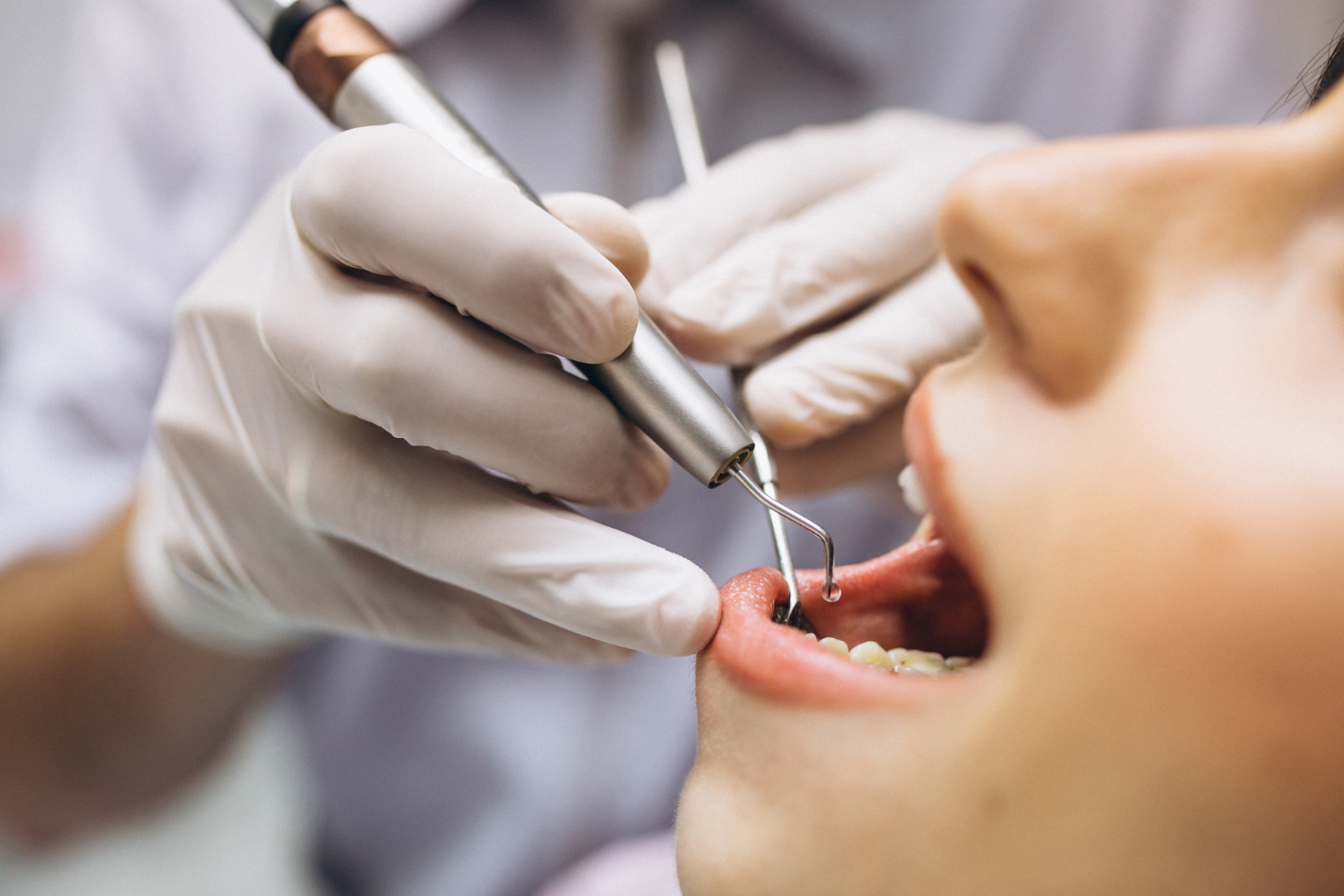
Loose, Injured or Partially Dislodged Teeth from Trauma
A hit to the face or sudden injury can leave a tooth feeling loose, even if it doesn’t fall out right away. Whether it’s from a sports mishap, an accident, or an unexpected bite on something hard, that looseness signals trauma to the ligaments or roots holding the tooth in place.
Even if the tooth still looks intact, internal damage could be brewing. A partially dislodged tooth may still survive if treated early, but delay too long and it might not be salvageable. Getting urgent dental care after trauma could mean the difference between saving a tooth or replacing it altogether.
Bleeding or Aching Gums with No Obvious Cause
Gums that bleed while brushing or aching randomly throughout the day don’t just happen for no reason. These early signs of gum disease often go unnoticed or get blamed on brushing too hard. But inflamed gums, especially when swollen or red, indicate the start of a deeper issue under the surface.
Bleeding gums may not hurt at first, but as gum disease progresses, it can lead to tissue loss, bone deterioration, and even tooth loss. It’s one of those dental issues that’s easier to treat early on but incredibly difficult to reverse once advanced. Your gums are just as important as your teeth, and when they speak up, it’s worth listening.
Trust Lumina Dental for Gentle, Thorough, and Personalized Dental Care That Listens to What Your Teeth Are Telling You
The body has a funny way of communicating, and your teeth are no different. Ignoring signs like swelling, bleeding, or even small discomforts can lead to bigger, more expensive problems down the road. Dental care isn’t just about cleanings—it’s about catching early warnings and keeping your entire mouth in balance. That’s where Lumina Dental makes the difference. Our team pays attention to what your teeth are saying—even the whispers.
Whether it’s sudden sensitivity or a loose tooth after a bump, professionals at Lumina Dental are trained to identify the root of the problem and provide thoughtful solutions that protect your smile long term. Our care goes beyond the surface. No pressure, no rush—just real answers and the personalized attention your mouth deserves. Contact us today to schedule your visit with Lumina Dental and let your teeth speak to someone who actually listens.

